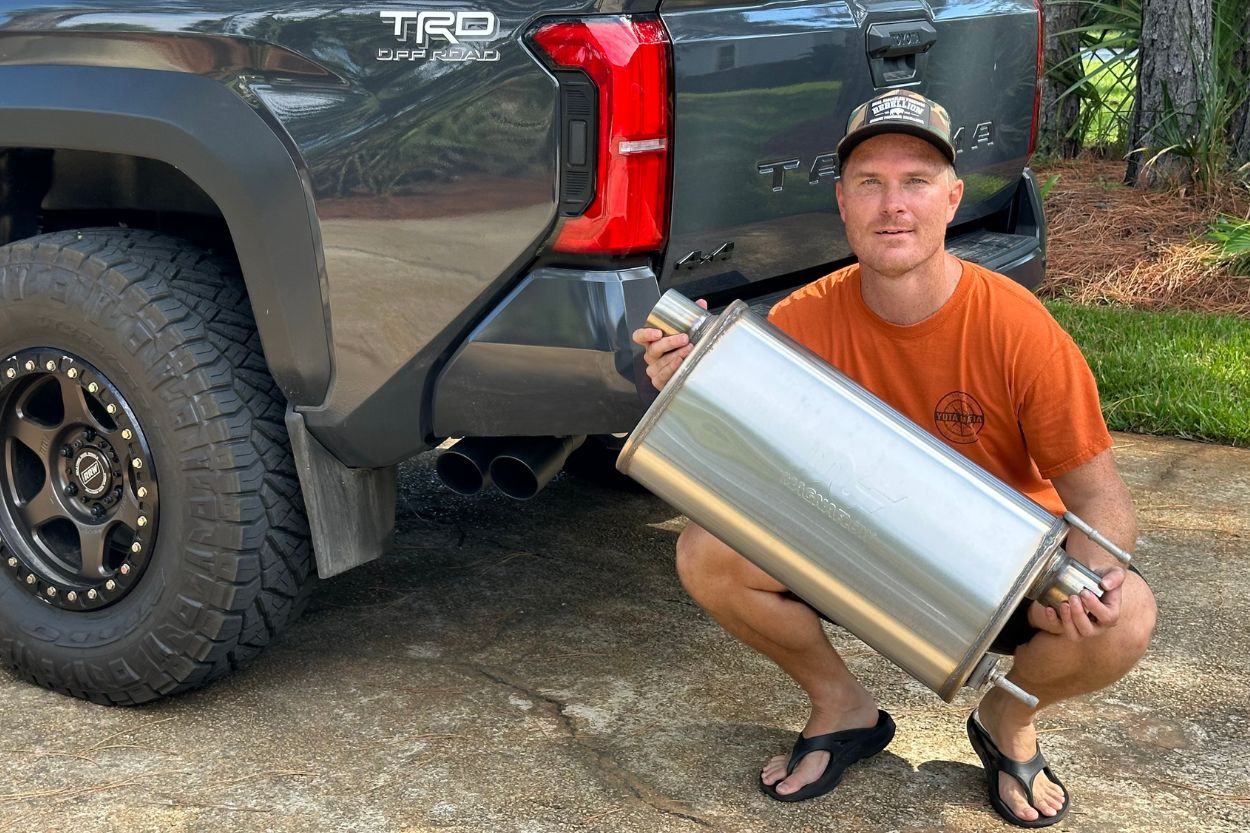
In case you haven’t heard, the 4th Gen Tacoma sadly got rid of the V6 engine in exchange for a 2.4 L turbocharged four-cylinder. While the new drivetrain has plenty of power, it still sounds anemic.
Enter MagnaFlow, which has come out with two exhaust options to help this new platform sound better and potentially increase performance. First, there’s the SPEQ Series, geared towards daily drivers. For those who frequently venture off the beaten path, there’s the high-clearance Overland Series.
Both systems sound amazing and in this article, I’ll give my first impressions and thoughts after a couple of months of testing them. This also includes a recent 1500+ mile road trip.
Let’s get into it!
Table Of Contents
First Impressions
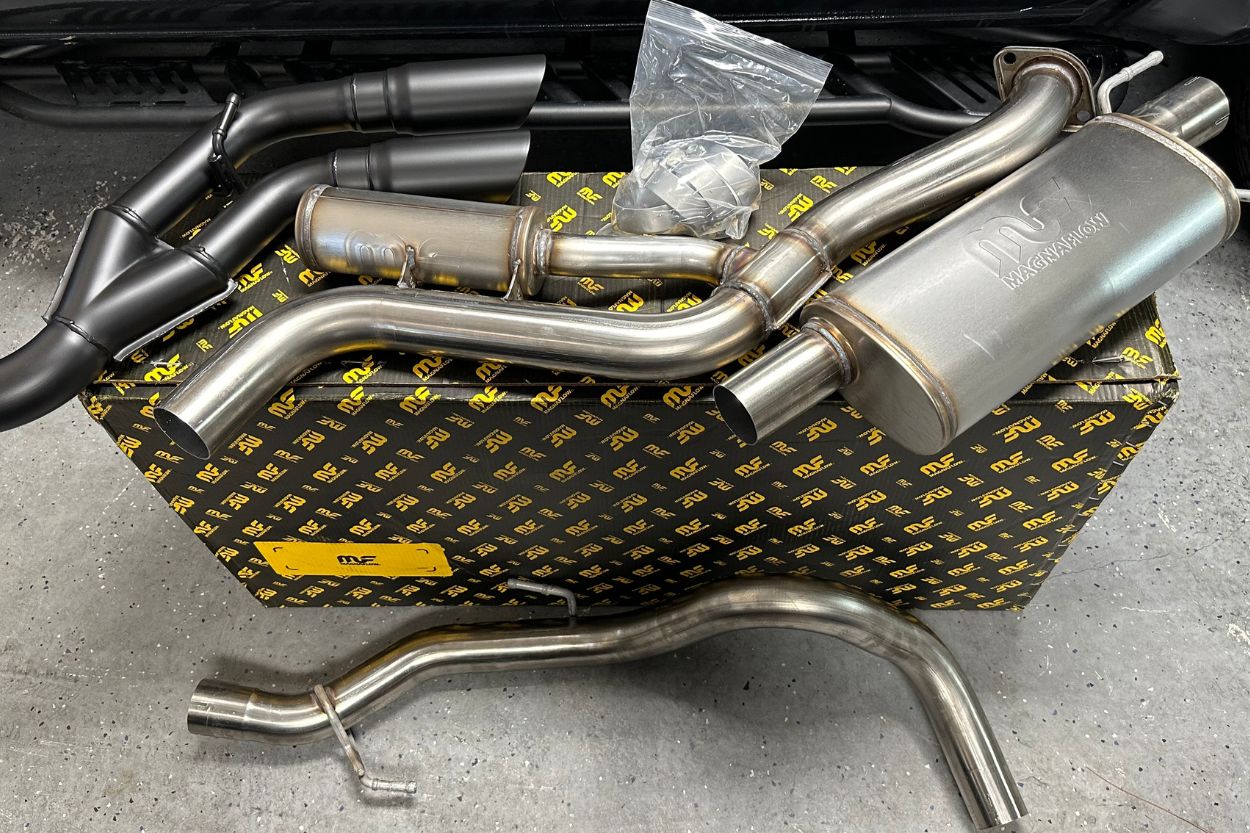
You can tell a lot about a company in how they package their product. This includes everything from the initial packaging down to the small details that most consumers wouldn’t notice. MagnaFlow pays incredible attention to detail, as you’ll see in the following sections.
Packaging
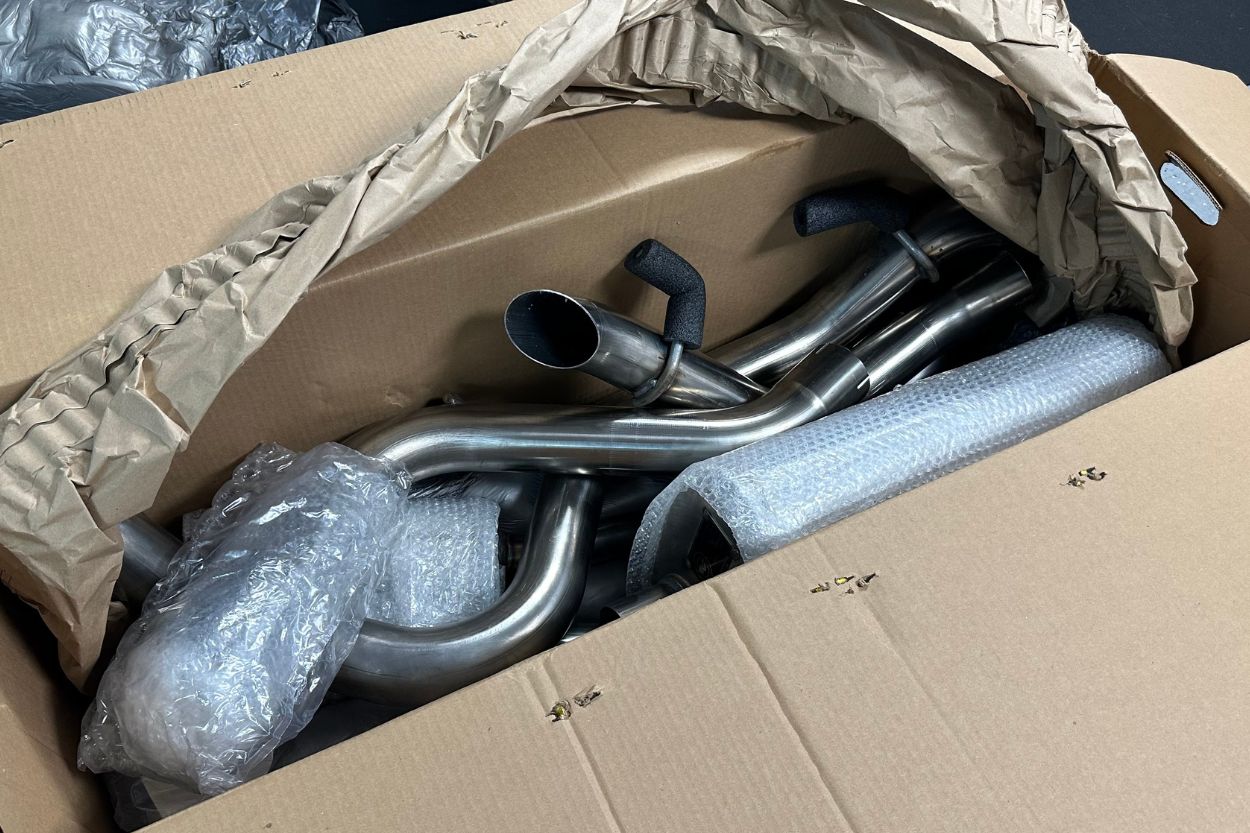
Both systems were extremely well packaged, reducing the risk of shipping damage. The exhaust was nice and secure with bubble wrap and expanding foam, and all the hangers were wrapped in foam. The tips had an extra layer of protection to ensure they arrived pristine.
I’ve installed several systems in the past, and this was by far the best-packaged system I’ve seen. I can truly appreciate the level of effort that went into the packaging.
OEM+ Details
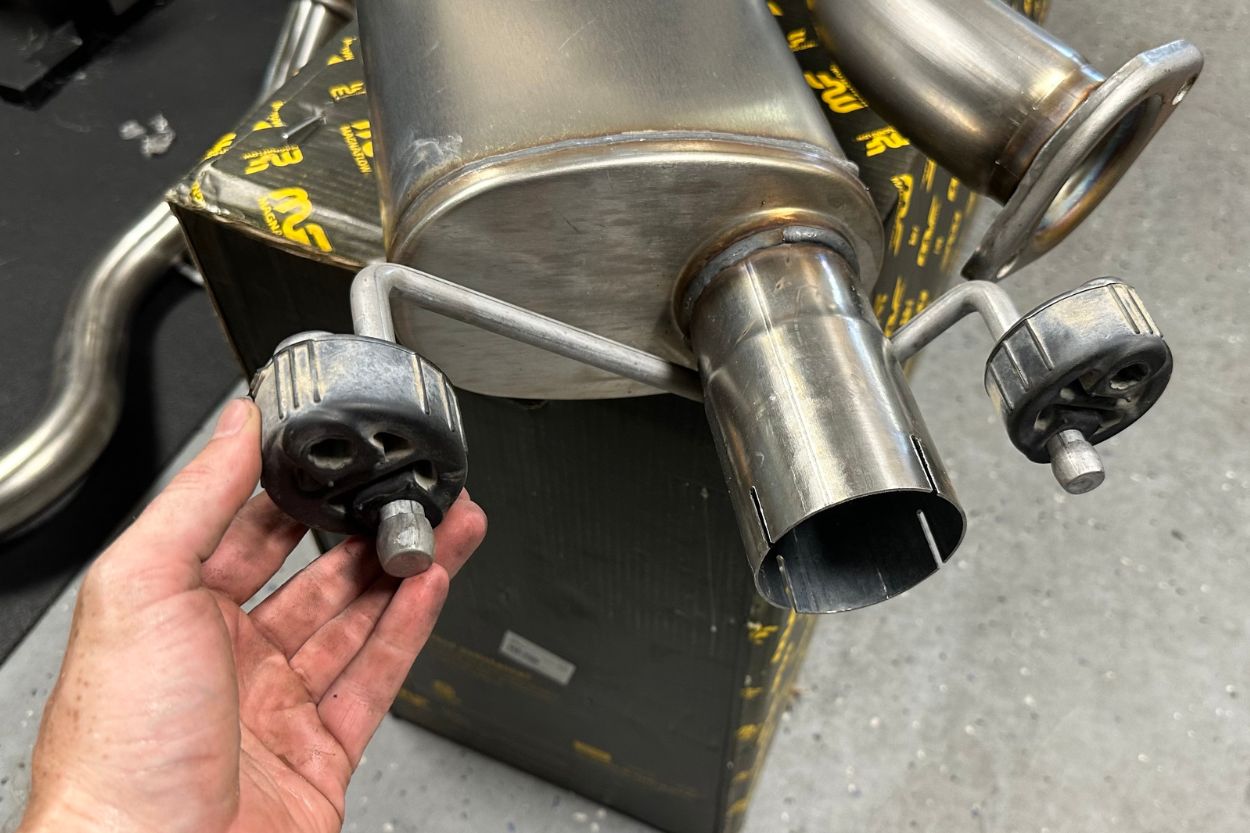
This exhaust mimicked OEM hanger dimples and more. This isn’t common among aftermarket options and ensures the rubber isolators remain secure. Despite being under your truck, MagnaFlow still laser-etches its logo in several places, which is a nice touch.
Installation Overview
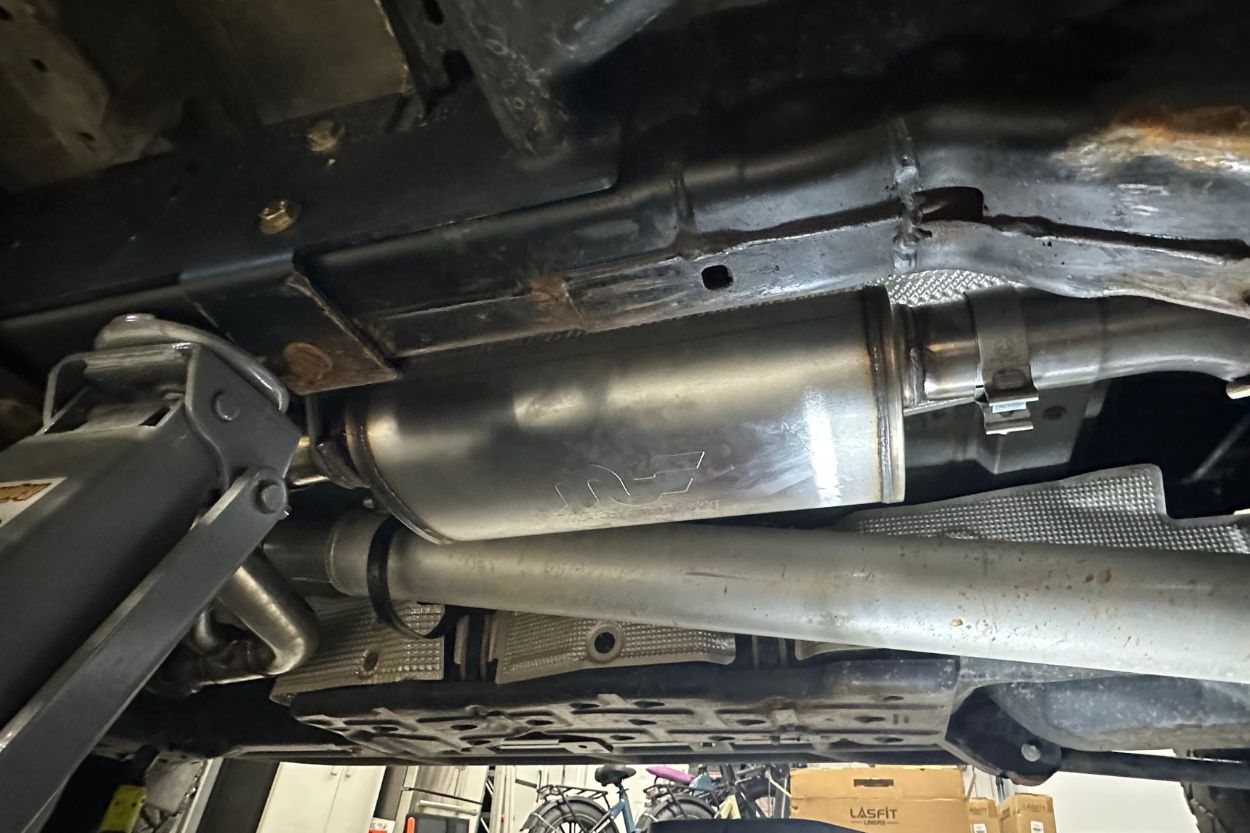
The installation process was super simple thanks to the detailed step-by-step instructions with high-resolution photos. My biggest pet peeve is when you buy an expensive product and the company doesn’t even bother to give you instructions or they’re indecipherable.
If you are installing this at home, I highly recommend considering these tips for a trouble-free install.
- Purchase exhaust hanger pliers. These little guys work wonders in getting your OEM one off the rubber exhaust hangers.
- To help remove the old exhaust and position the new one, I used a jack to raise the rear end of my truck by the frame. This allowed the axle to drop down for more working room and was especially helpful for routing the exhaust pipe around the rear axle.
- Wipe down all of your pipes with alcohol wipes to ensure that no fingerprints permanently etch themselves into the metal.
SPEQ Series
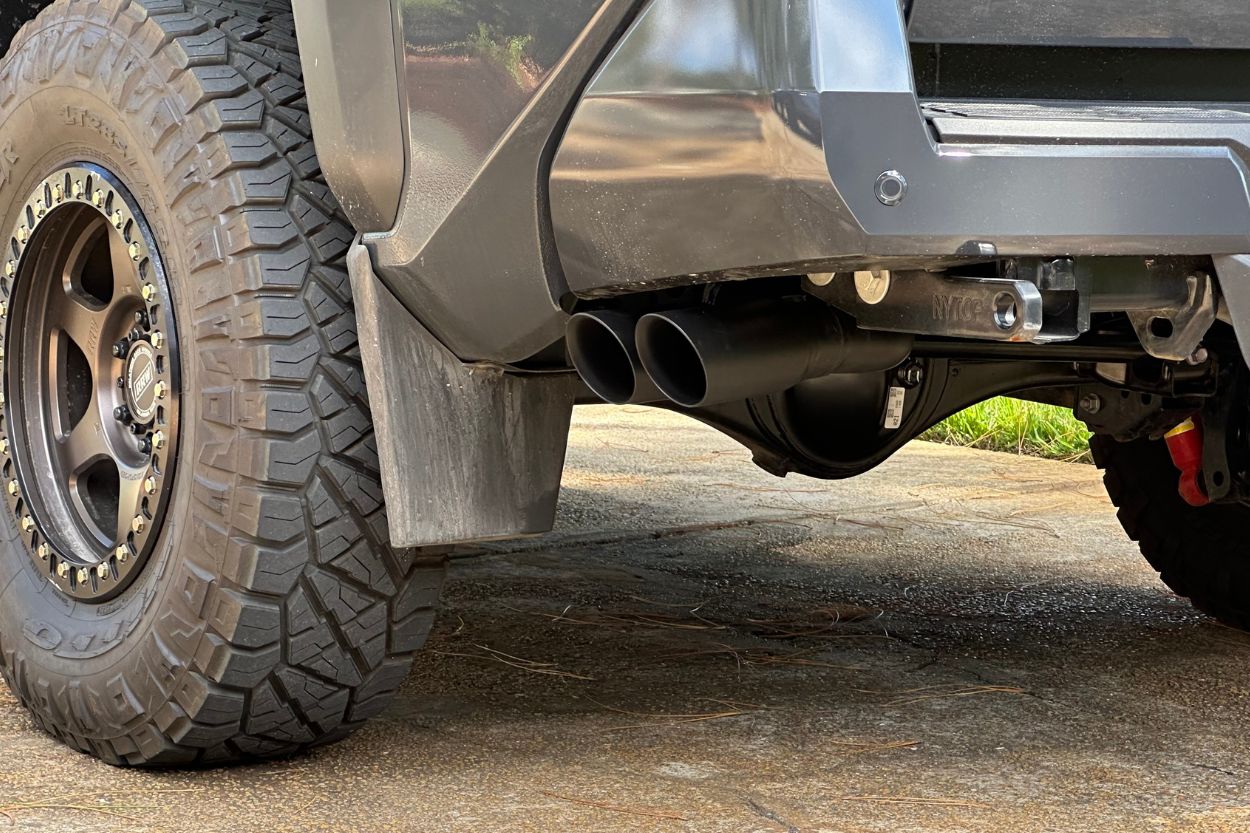
This is the more aggressive-sounding and sportier of the two available models. There are two different tailpipe finishings, so I opted for the dual black tip. There’s also a single black chrome tip.
MagnaFlow claims that the SPEQ and Overland Series have the same sound level rating for exterior and interior, which I found inaccurate. The former was noticeably louder than both OEM and the Overland Series exhausts. When you went wide open throttle, the little 4-cylinder sounded pretty decent. However, I honestly couldn’t see myself daily driving this setup. There was a slight drone at higher speeds and an overly aggressive-sounding acceleration that I’m just not a fan of.
Despite the sound levels, you can tell that MagnaFlow’s NDT (No Drone Technology) was still working. I can’t imagine how this exhaust would sound without it. That being said, this version may be for those who really like hearing their truck. I’ll reiterate that it doesn’t sound bad, just loud.
Overland Series
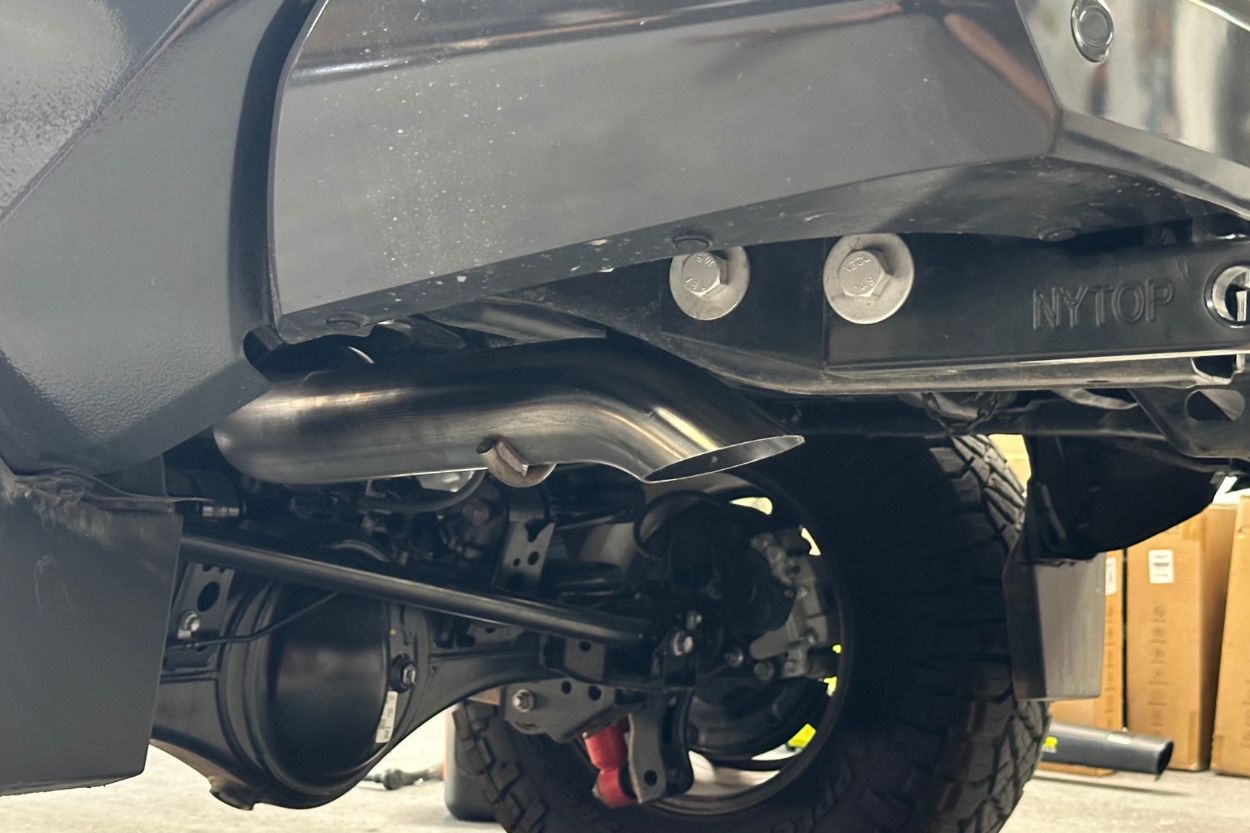
Once I installed this variation, I knew it was the one for me. The larger muffler was still smaller than the OE, but smaller than on the SPEQ. This allowed for a slightly more aggressive exhaust note over stock without being as deafening as the SPEQ.
I didn’t think you could make a 4-cylinder sound good, but somehow, magically, this did it. The Overland Series has a deep tone with a slight rasp. It’s not as loud during wide-open throttle and is barely noticeable at cruising speeds.
Like with the SPEQ Series, MagnaFlow includes two tips. The first is a high-clearance tip which I opted for, and then there’s a traditional side-exit tip. I liked the Overland Series so much, that I threw my factory one into the trash. Time will tell if I regret that decision.
3-Month Review
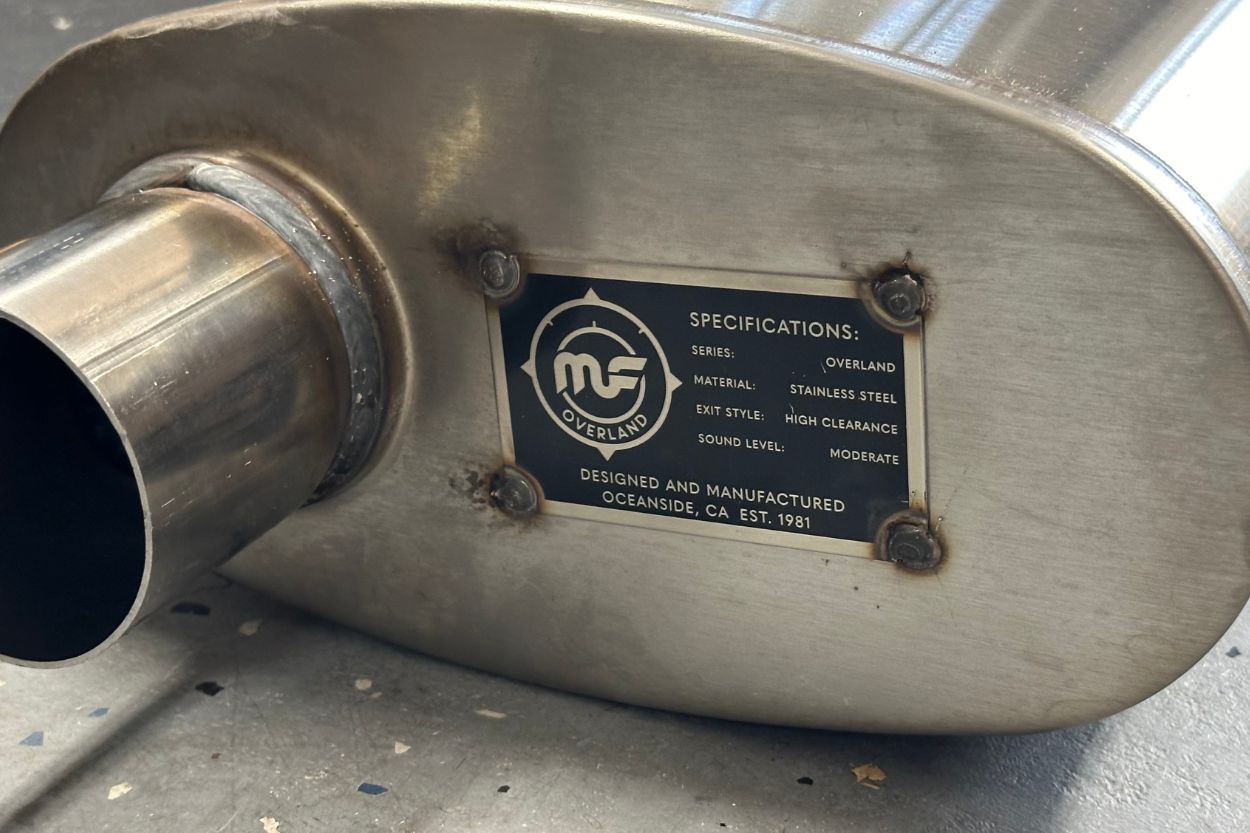
I wanted to give these exhaust systems a proper break-in before sharing my thoughts. I made some mistakes in the past with talking up various systems because they sounded really good at first but developed a drone after a few weeks, had obnoxious cold starts, or the sound quality worsened.
The Overland Series has been great for the last several months. The cold start sounds as good as it can for a 4-cylinder and there is no drone on the highway. I’m only reminded that I have an aftermarket exhaust when I hit the throttle.
Road Trip Impressions
To be completely honest with you all, we don’t really have highways around where I live, so long highway hauls are rare. That said, I did a 1500-mile road trip with the Overland Series from Florida up to Virginia and back.
This was the ultimate drone test, as I’ve had issues in the past where a road trip left me wanting to switch back to stock. This most definitely was not the case here. I enjoyed my entire drive and wasn’t annoyed at all at the end of it.
Final Thoughts
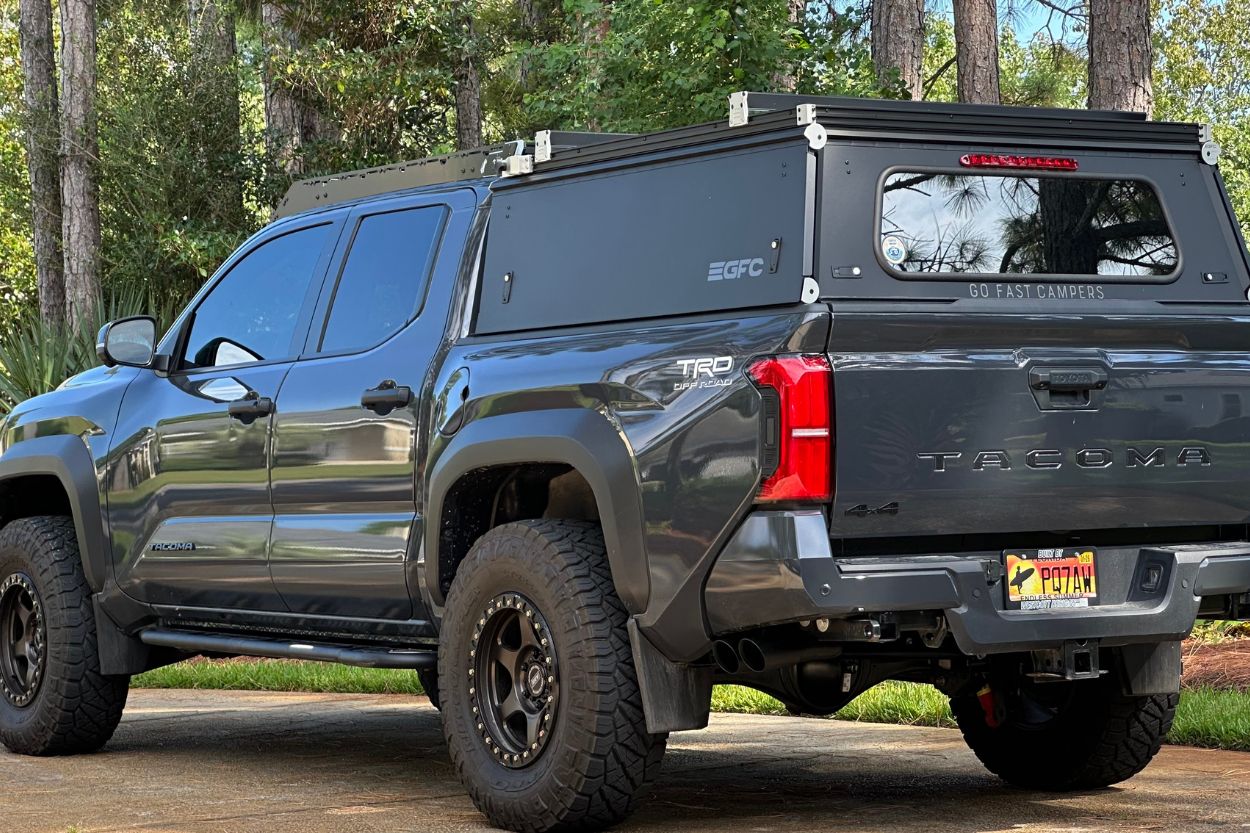
Overall, I’m really impressed with MagnaFlow’s options for the 4th Gen. I know it’s hard to make a 4-cylinder sound good, but they’ve managed to make some major strides. At the end of the day, you have to hear these in person to judge them for yourself.
For sound comparisons between stock, SPEQ, and the Overland Series, check out my YouTube video below and let me know what you think in the comments.
Thanks guys! Catch ya in the next one.


